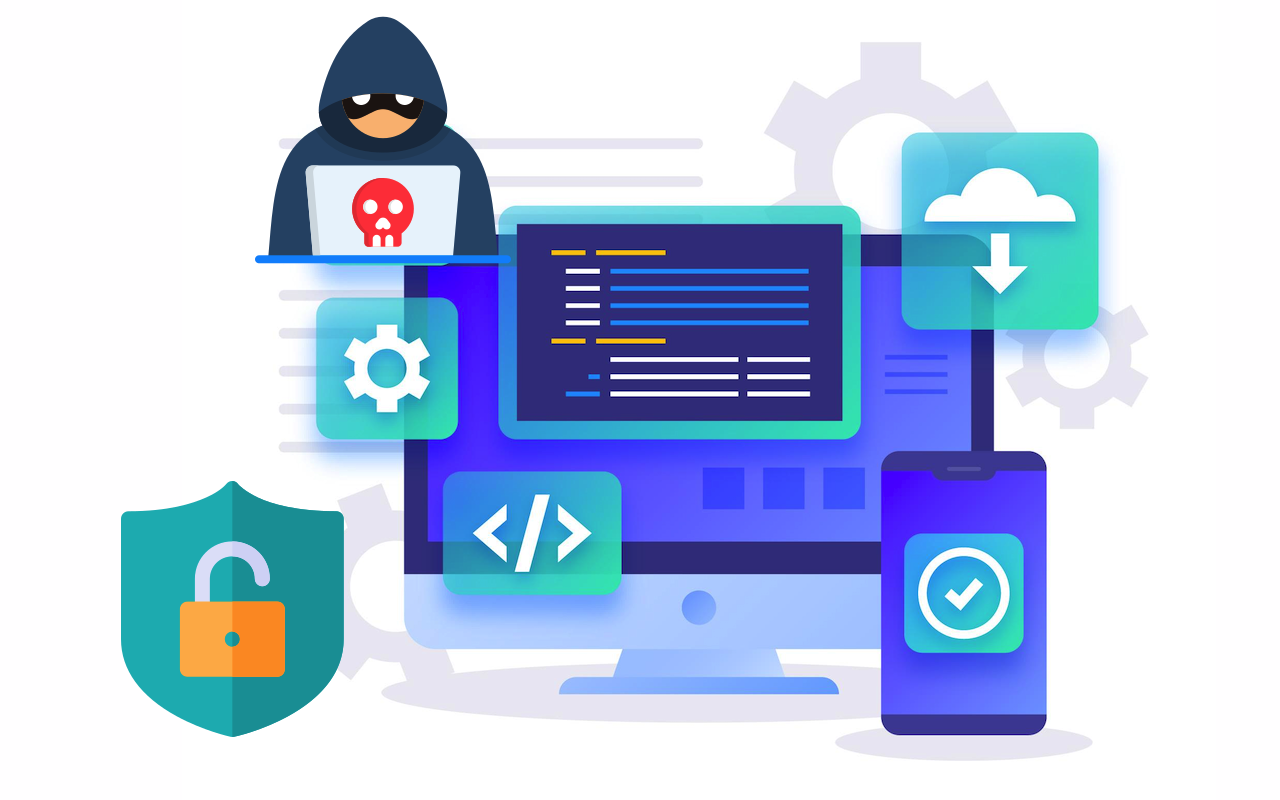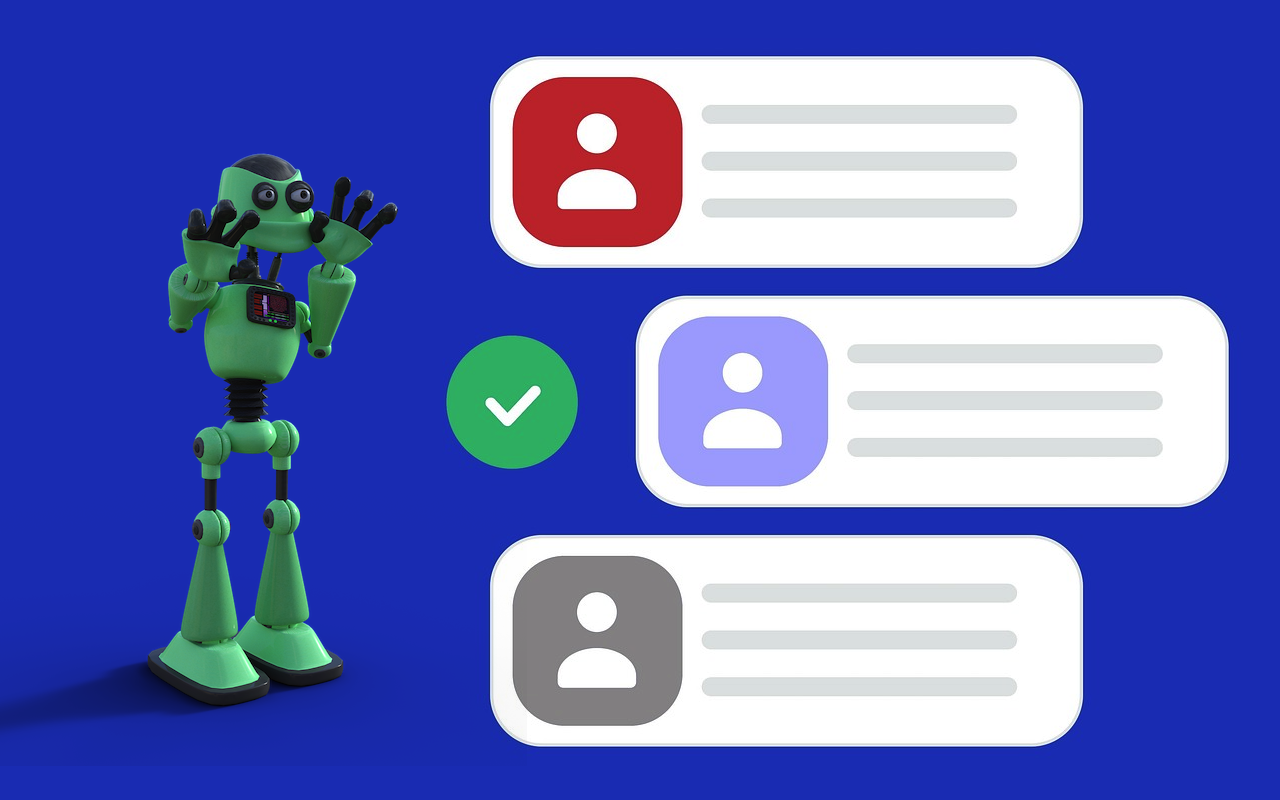
Cybersecurity teams are drowning in noise. In fact, 67 % of IT groups admit they regularly ignore lower‑priority alerts, and 16 % of SOC analysts manage to address only half of their weekly alert workload. Against that backdrop, AI-powered Natural Language Processing (NLP) isn’t just nice to have — it’s essential. Imagine systems that sift through torrents of logs and chat messages, then surface the crucial few with near-perfect clarity.









